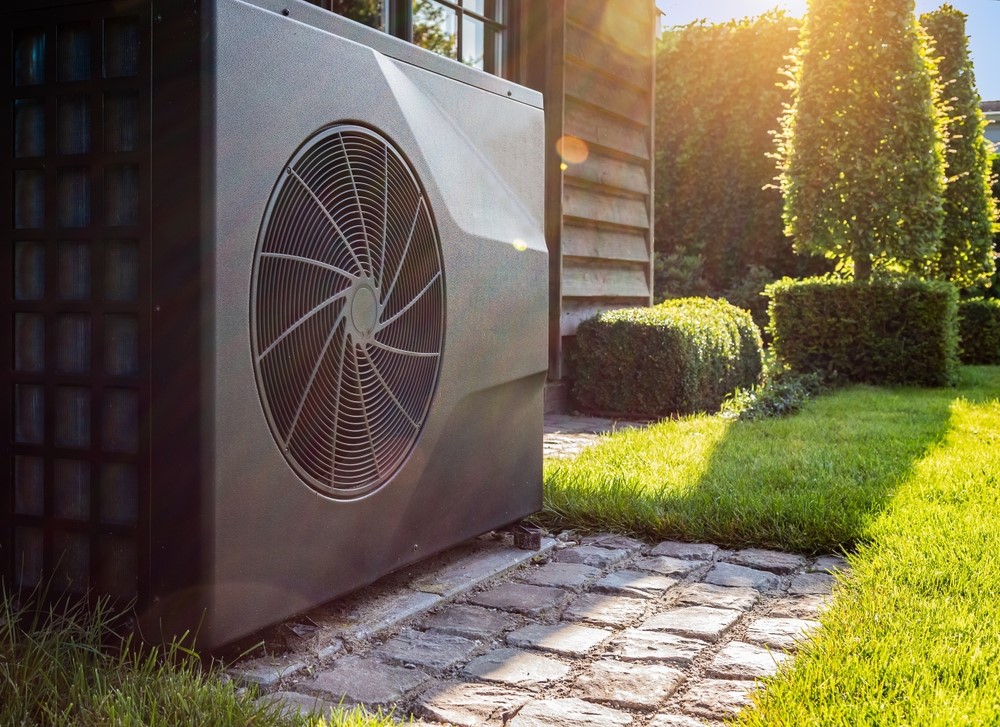Can Heat Pumps Be Used for Pool Heaters?

Are you considering different options for heating your swimming pool and wondering if a heat pump might be the right choice? This blog will answer your question and guide you through the process of how pool heat pumps in Ottawa can efficiently heat your pool water.
What is a Heat Pump?
A heat pump is a device that transfers heat from one place to another, typically using electricity. Unlike traditional heating systems that generate heat, heat pumps move heat from the air or ground into your home or pool. They are highly efficient and environmentally friendly, as they use less energy to move heat compared to generating it.
Can Heat Pumps Be Used to Heat Pool Water?
Yes, heat pumps can be used to heat pool water, and they are an excellent choice for several reasons. They are energy-efficient, cost-effective, and environmentally friendly. Here’s why you should consider using a heat pump to heat your pool:
- Energy Efficiency: Heat pumps use a small amount of electricity to capture heat from the air and transfer it to the pool water. This process is much more efficient than traditional heating methods, which can result in significant energy savings.
- Cost-Effectiveness: While the initial investment for a heat pump might be higher compared to other heating systems, the operational costs are lower. Over time, the energy savings will offset the upfront cost, making it a cost-effective option in the long run.
- Environmentally Friendly: Heat pumps reduce carbon emissions since they use the ambient air to heat the pool instead of burning fossil fuels. This makes them a greener choice for environmentally conscious pool owners.
- Consistent Temperature: Heat pumps can maintain a consistent water temperature, providing a comfortable swimming experience regardless of the weather.
7-Step Process: How a Heat Pump Heats Pool Water
Air Intake: The heat pump draws in air from the surroundings through a fan. This air contains heat energy, even if it feels cool to us.
- Heat Absorption: The heat pump has a refrigerant inside its evaporator coil that absorbs the heat from the air. The refrigerant, now in a gaseous state, carries this heat.
- Compression: The refrigerant gas passes through a compressor, which increases its temperature by compressing it, making it even hotter.
- Heat Exchange: The hot refrigerant gas moves through a heat exchanger where it transfers its heat to the pool water. The pool water flows around the heat exchanger, absorbing the heat from the refrigerant.
- Circulation: The now-warmed pool water is pumped back into the swimming pool, gradually increasing the overall water temperature.
- Cooling Down: After transferring its heat, the refrigerant cools down and returns to a liquid state. It then cycles back to the evaporator coil to absorb more heat from the air.
- Continuous Cycle: This process continues in a loop, with the heat pump constantly drawing heat from the air, compressing it, transferring it to the pool water, and repeating the cycle until the desired pool temperature is reached.
Conclusion: A Smart Choice for Pool Heating
In conclusion, heat pumps are a smart, efficient, and environmentally friendly option for heating your pool. They offer consistent water temperatures and significant energy savings over time. If you are looking for a cost-effective and green way to enjoy a warm swimming pool, a heat pump is the way to go.
For professional installation and maintenance of your pool heat pump or pool heater repair in Ottawa, contact Valley Home Appliance Service today. Our experts are here to ensure your pool stays comfortably warm all year round. Call us now to schedule an appointment and take the first step toward a more enjoyable swimming experience!

